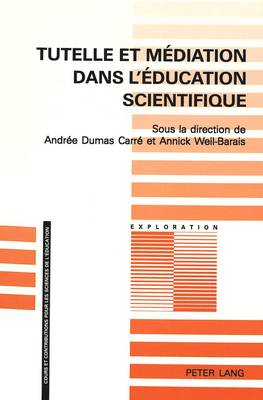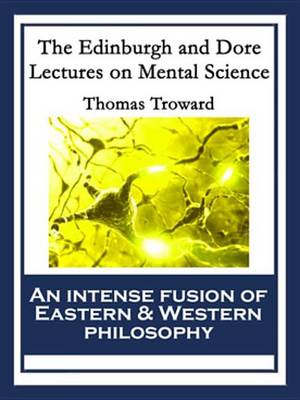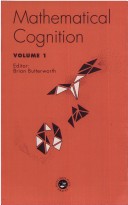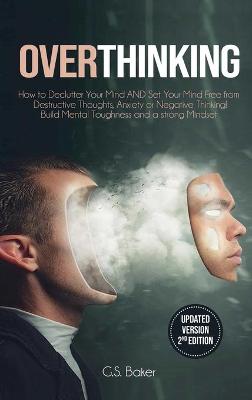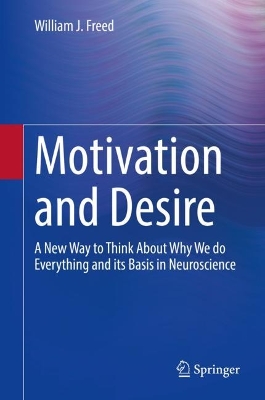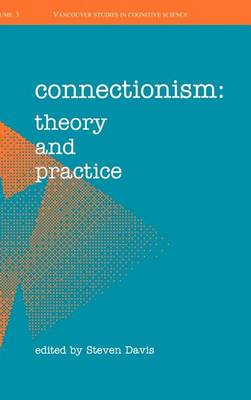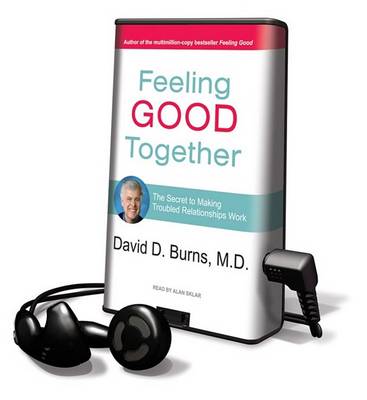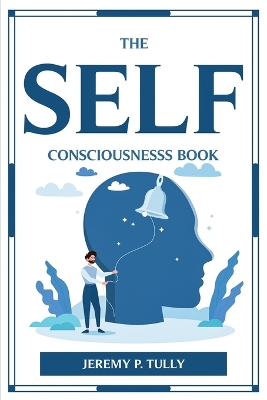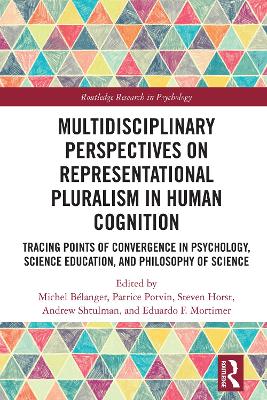Tutelle Et Mediation Dans L'Education Scientifique (Publications Universitaires Europeennes. Serie XIV, Langue E)
La necessite d'une transformation des pratiques didactiques en sciences, pour une meilleure adaptation de l'enseignement aux exigences contemporaines, conduit a s'interesser aussi bien aux contenus d'enseignement et aux activites proposees aux eleves qu'aux modalites de communication. Des chercheurs specialistes de l'education scientifique developpent des cadres d'analyse des interactions entre eleves et entre professeur et eleves, a l'occasion d'activites experimentales et de resolution de pro...
Mathematical Cognition
This volume is a collection of all papers published in Volume One of the journal "Mathematical Cognition". The aim of the journal is to provide a forum for explorations of how we understand mathematics and how we acquire and use mathematical concepts. The journal encourages an interdisciplinary approach to the field, and publishes advances in the study of the mental representation and use of mathematical concepts from a range of disciplines.; This first volume features contributions from cogniti...
Some of our time is spent eating and drinking and some is spent on matters regarding reproduction. Some of us seek fame or recognition while others seek satisfaction internally, with little need for recognition. Some people study for success in a profession, while others might study rocks, birds, or French literature for no apparent reason other than to know about it. Why are we motivated to engage in so many apparently unrelated activities? This book places our various activities i...
Daily Doses of Thinking (Turning 2000; Products for the New Millennium)
by Nancy Johnson and Kathy L Balsamo
Opera House Acoustics Based on Subjective Preference Theory (Mathematics for Industry, #12)
by Yoichi Ando
This book focuses on opera house acoustics based on subjective preference theory; it targets researchers in acoustics and vision who are working in physics, psychology and brain physiology. This book helps readers to understand any subjective attributes in relation to objective parameters based on the powerful and workable model of the auditory system. It is reconfirmed here that the well-known Helmholtz theory, which was based on a peripheral model of the auditory system, may not well describe...
Elementary Signal Detection Theory
by Professor of Psychology Thomas D Wickens
Connectionism: Theory and Practice.Vancouver Studies in Cognitive Science, Volume 3.
The Dream of the Cosmos is the story of a multi-layered quest to understand the causes of human suffering and to reconnect with a deeper reality than the one we inhabit in this physical dimension of experience. It seeks to answer the questions: "Who are we?" and "Why are we here, on this planet?" It is offered to those who are looking for something beyond the superficial values of our culture, who may be disillusioned with religious and secular belief systems as currently presented and who quest...
Based on twenty-five years of clinical experience and groundbreaking research on more than 1,000 individuals, Feeling Good Together presents an entirely new theory of why we have so much trouble getting along with each other, and provides simple, powerful techniques to make relationships work. We all have someone we can’t get along with—whether it’s a friend or colleague who complains constantly; a relentlessly critical boss; an obnoxious neighbor; a teenager who pouts and slams doors, all the...
Advances in Test Anxiety Research
Bringing together diverse theoretical and empirical contributions from the fields of social and cognitive psychology, philosophy and science education, this volume explores representational pluralism as a phenomenon characteristic of human cognition. Building on these disciplines’ shared interest in understanding human thought, perception and conceptual change, the volume illustrates how representational plurality can be conducive to research and practice in varied fields. Particular care is t...
Cognitive Skills You Need for the 21st Century
by Emeritus Professor Stephen K Reed
